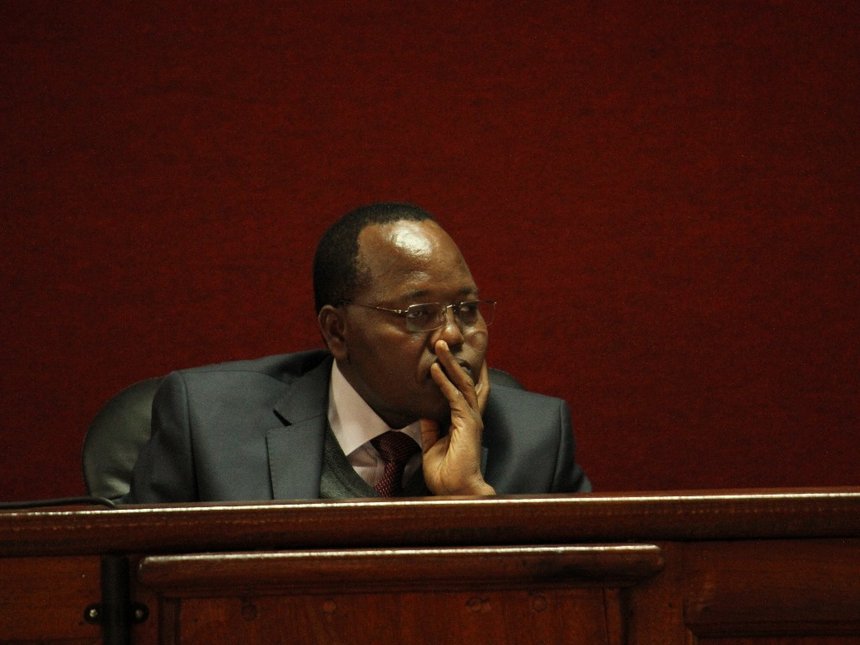Opposition leader Raila Odinga has been on so many lips ever since the woes of anti corruption crusader John Githongo awakened via High Courts decision which ruled that he should pay former Cabinet Minister Chris Murungaru sh 27 million for defamation in the Anglo Leasing scandal.
Many believe Githongo could not substantiate his claims in a court of law and one of his witnesses in the case happened to be Raila who has never testified thus he is alleged a traitor.
courts hv slapped "John Githongo" with a fine 27 MILLION for defamation. , @RailaOdinga is SILENT & wont send his HUNDREDS OF LAWYERS to court to protect this man who has stood with him thru thick & thin? Asante ya bunda? #MheshimiwaFisi Stella #UnderminingJudiciary pic.twitter.com/02hFqc9PIl
— #AintNobodyGotTime4ThisSh*t (@yourspenfully) May 17, 2019
That John Githongo was unable to substantiate his graft claims against Chris Murungaru left the courts with no option except ruling against the activist . #UnderminingJudiciary
— Amolo Abigael (@Amolo13) May 17, 2019
Formerly when narrating the evidence as part of his judgement, Justice Sergon indicated that Murungaru, as plaintiff, had called four witnesses while Githongo brought only one witness besides himself. In fact, this is an incomplete account of what transpired during the trial.

While it is true that the sole witness for the defence was Joseph Odindo, then a senior editor with the Nation newspapers, Githongo had also intended to call former Prime Minister Raila Odinga as his witness, but Justice Sergon did not allow him to do so.
In preparation for his role as a witness, Raila had already written a statement for Githongo. On the date that he was to testify, Githongo’s defence submitted a letter from Raila, already the AU High Representative on Infrastructure, indicating that he had travelled out of the country on official duty and would not be available on that day.
Raila had indicated alternative dates on which he would be available to testify if the court allowed the adjournment that the defence was now seeking.

However, Justice Sergon declined the application for an adjournment, bringing an unexpected closure to his case.
Githongo, who was the Anglo Leasing scandal whistle-blower, was directed to pay Murungaru Ksh.20 million in general damages, Ksh.5 million in exemplary damages, and Ksh.2 million in special damages.
Reacting to the court’s verdict, Githongo said he is “disappointed though not surprised by the judgement,” adding that he would appeal the decision.
Githongo’s suit has raised questions about the role of the Judiciary in protecting the freedom of expression and the protection of whistleblowers in Kenya thus a section of Civil Society Organisations have invited citizens to a public forum to discuss the matter